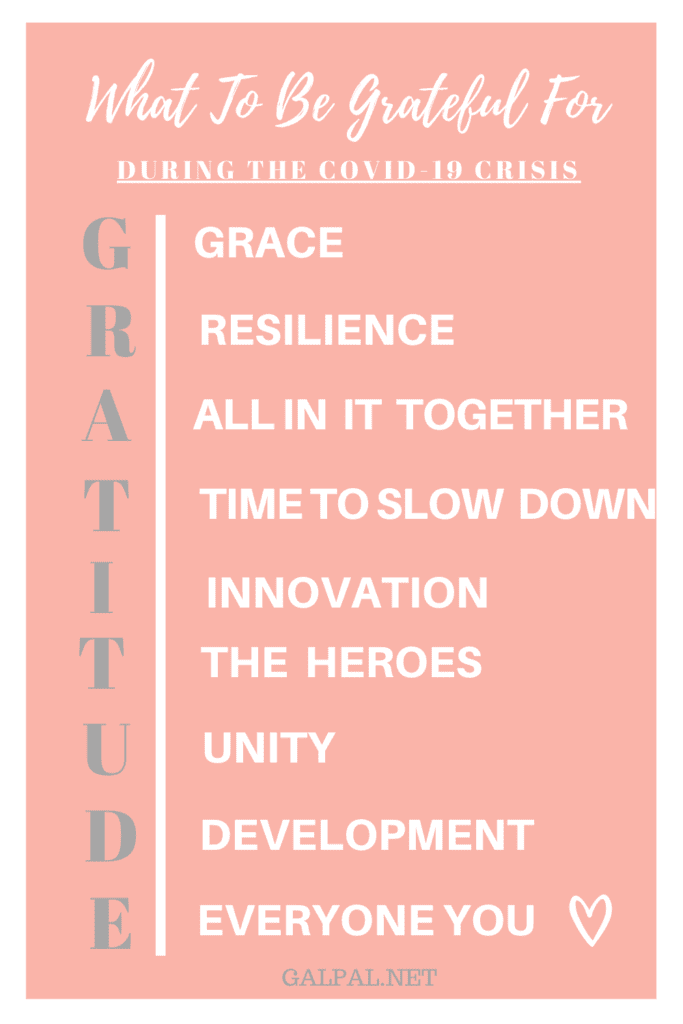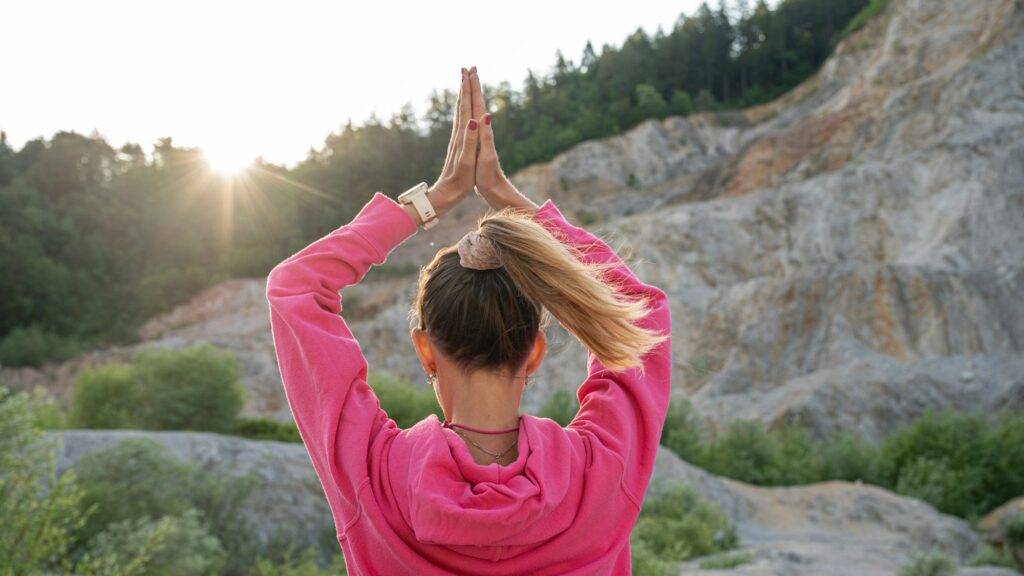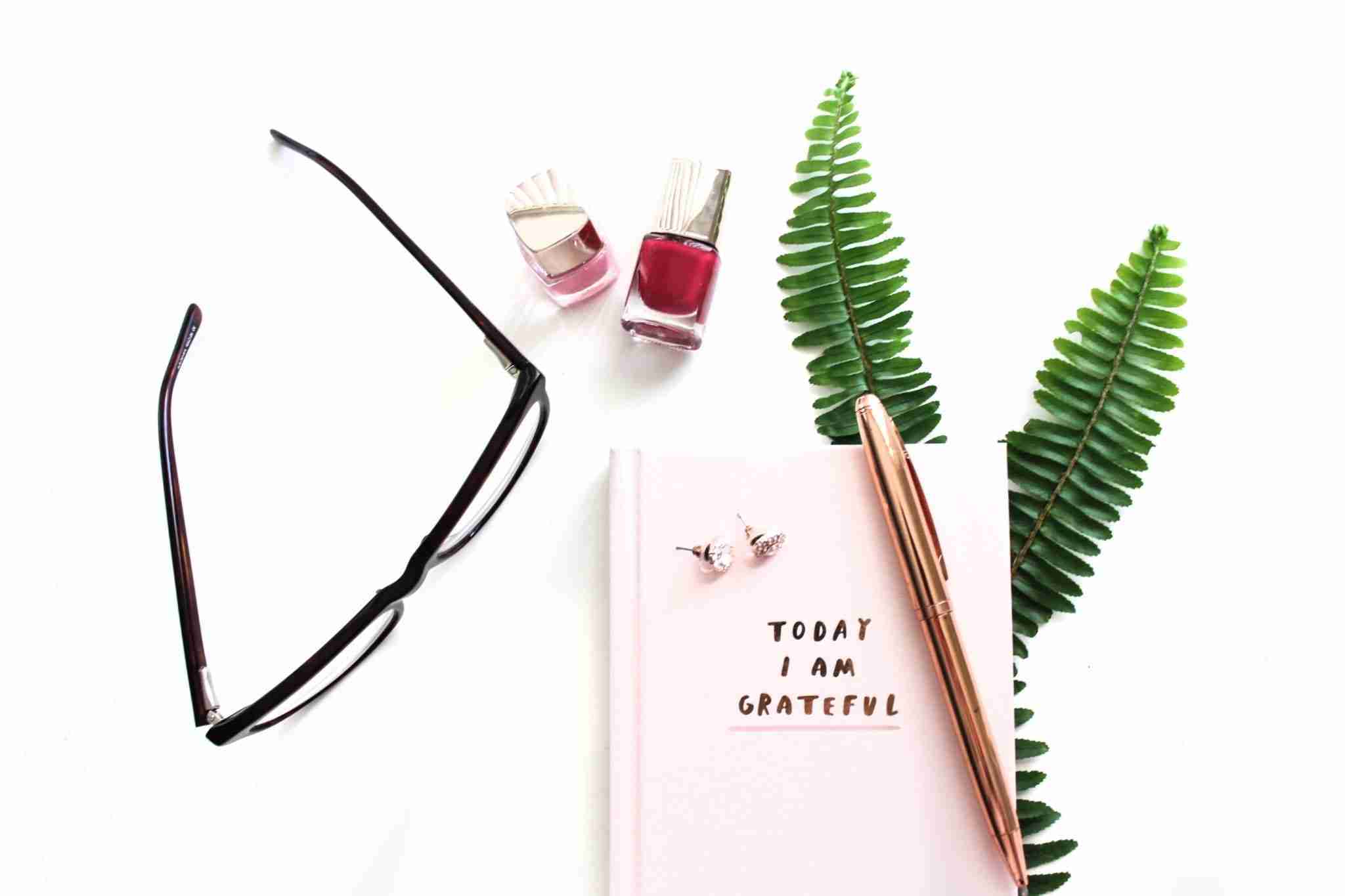Scientific Reasons & strategies To practice being grateful that will change your attitude on gratitude!
I presume we can all agree that being grateful is a quality we should all practice. It’s easy to say, but it takes practice and planning. It sounds strange to say it takes practice to be more grateful, but it’s really true. In this post, we share the scientific reasons and strategies why to practice gratitude.
“The secret of happiness is to count your blessings while others are adding up their troubles.” ~William Penn
Learn how practicing being grateful will change your attitude on gratitude. It’s human nature to want we don’t have. We all do it… wishing we looked different, have more resources or better health….I could go on and on.
We all want to be content but life is not easy so we find ourselves wishing for things we don’t have.

Rewiring Our Brains To Be More Positive
The good news is that research shows that our thoughts have the power to shape our brains. Yes, this is good news because we can rewire our minds to have more gratitude. This gratitude creates contentment. Best selling author, Rick Hanson explains that negative experiences are like “Velcro” and tend to stick in our minds, whereas positive experiences are like “Teflon” and more readily slip away.

Fortunately, we have the power to focus on positive interactions that will help to mold our brains that will result in happiness and good health. One critical step is practicing gratitude.
Scientific Reasons To Practice Gratitude
The following are scientific reasons to practice being grateful- I hope it inspires you.
You Will Be More Social-
Showing appreciation can help you win new friends, according to a 2014 study published in Emotion. It makes sense, when you you appreciate people, they will like you.
Grateful individuals are more likely to engage in prosocial behavior, such as kindness, generosity, and altruism. Expressing gratitude can inspire a positive feedback loop, where acts of kindness towards others elicit feelings of gratitude in return, further reinforcing social bonds and well-being.
Expressing gratitude towards others can strengthen interpersonal relationships and foster a sense of connection and trust. Grateful individuals tend to be more empathetic, forgiving, and supportive in their interactions with others, leading to healthier and more fulfilling relationships.

Improves Psychological Health
Robert A. Emmons, Ph.D. ,a leading gratitude researcher, has conducted multiple studies on the link between gratitude and well-being. His research confirms that gratitude effectively increases happiness and reduces depression.
This scientific reasons to practice being grateful seems obvious but we need to address it. Numerous studies have shown that gratitude is strongly linked to improved mental health outcomes.
Regularly expressing gratitude has been associated with reduced symptoms of depression and anxiety, increased happiness, and greater overall life satisfaction.
Improves Physical Health
Grateful people experience fewer aches and pains, and they report feeling healthier than other people, according to a 2012 study published in Personality and Individual Differences. Not surprisingly, grateful people are also more likely to take care of their health
Enhanced Resilience
Gratitude can help individuals cope with stress and adversity more effectively. Studies have found that grateful individuals tend to be more resilient in the face of challenges, as they are better able to find positive meaning in difficult situations and maintain a hopeful outlook for the future.
Sleep Better
Spend just 15 minutes jotting down a few grateful sentiments before bed, and you may sleep better and longer.
Increases Mental Strength
Research has shown gratitude not only reduces stress, but it may also play a significant role in overcoming trauma. A 2006 study published in Behavior Research and Therapy found that Vietnam War veterans that practiced gratitude experienced lower rates of post-traumatic stress disorder.
A 2003 study published in the Journal of Personality and Social Psychology found that gratitude helped to foster resilience. The study backed this up following the terrorist attacks on Sept 11th.

Strategies To Practice Gratitude
Start Your Morning Off Being Thankful for Your Blessings:
- Cultivate a positive attitude and genuine gratitude by starting your day with prayer or meditation.
- Look for the good in all situations, even those typically viewed as negative, as “Every cloud has a silver lining.”
Be Mindful:
- Anchor yourself in the present moment to appreciate the little things throughout your day.
- Notice the breeze, laughter, music, or other small joys in your surroundings.
Help Others & Volunteer:
- Feel better about yourself by helping others, putting life into perspective.
- Volunteer to assist people in need, fostering a sense of gratitude and fulfillment.
Go On A Daily Walk Alone:
- Notice pleasant things around you during your walk, such as the breeze, smells, sounds, and sunlight.
Write In A Gratitude Journal:
- Boost happiness by writing in a gratitude journal three times per week.
- Reflect on and write down five things you are grateful for each week.
Appreciate Others:
- Improve your own well-being by expressing appreciation to others.
- Letting people know you appreciate them fosters positive connections and self-esteem.
Making Time To Reflect- Gratefulness Is A Healthy Habit
With that said, taking to stop and reflect is challenging. When you are running on the hamster wheel of life, it’s hard to slow down. Spend time with your dog or take time to go for more walks.
Whatever you do it’s good for us to slow it down. If we can come to a grinding halt to take a breath to be thankful for your blessings, we all would be happier.
By being mindful for really mundane things such as holding a warm cup of coffee between your hands in the morning or standing in the shower relaxed as the hot water pours over your body is an ideal time to say “thank you.” Making time to reflect and be grateful is a healthy habit. Creating a mindful home makes this process easier and enjoyable.
It all sounds good but on the flip side, when it feels like your life is going haywire, it’s almost impossible to see things in a positive light.
We have all been there: angry and upset about a colleague or friend that upset you, dealing with financial issues, licking your wounds after a break-up or coping with the death of a loved one. As humans, we all suffer some type of misfortune that may stick with you for years.
Take Away:
Practicing gratitude has changed my life, I hope you are inspired to make an effort everyday to do the same if you are not doing so already. Science proves the benefits, you just can’t deny it.
We all don’t need scientific reasons to practice being grateful. We know it’s good for our mental health. It just takes work to practice healthy daily habits.
Please share with your other Gal Pals and friends and let me know your thoughts and insight.







